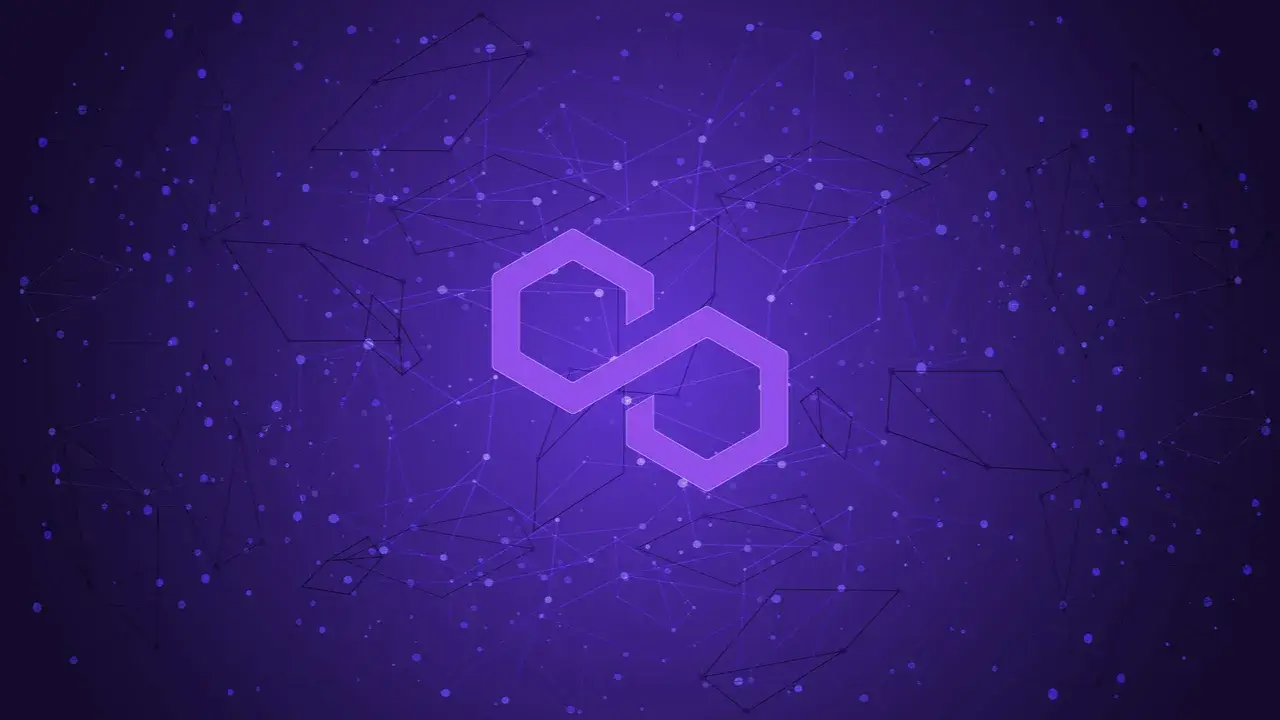Polygon Upgrades Today, Replaces MATIC with New POL Tokens
04.09.2024 11:32 1 min. read Alexander Stefanov
This upgrade is a part of Polygon's broader strategy to enhance its ecosystem's flexibility and scalability.
Currently, MATIC holders on the Polygon Proof of Stake (PoS) chain don’t need to take any action, as their tokens will automatically convert to POL. However, users on Ethereum and Polygon’s zkEVM networks may need to manually migrate their tokens using the Polygon Portal Interface.
While there’s no immediate deadline for this conversion, Polygon has hinted that one might be introduced later. This token switch is central to Polygon’s “Polygon 2.0” plan, which aims to position POL as the main token across all Polygon-related networks.
POL will be integral to the network, serving as the primary token for gas fees and staking on the Polygon PoS chain. It will also play a key role in the AggLayer, which is designed to unify different blockchains within the Polygon ecosystem.
Moreover, the introduction of POL brings changes to the network’s economics, with a new token emission rate set at 2% annually. This is intended to incentivize network validators and support the community treasury, ensuring Polygon’s continued growth and sustainability.
-
1
BlackRock Boosts Crypto Holdings with Over $350M in BTC and ETH
05.06.2025 18:00 1 min. read -
2
ChatGPT Price Prediction of XRP, Solana, and Cardano by End of 2025
12.06.2025 18:57 3 min. read -
3
Crypto Enters a Make-or-Break Era, Says Industry Insider
04.06.2025 8:00 1 min. read -
4
Pump.fun Reportedly Planning Massive Token Sale Despite Revenue Drop
04.06.2025 20:00 2 min. read -
5
Corporate Interest in XRP Surges as Firms Eye It for Treasury Reserves
06.06.2025 15:00 1 min. read
Shiba Inu Hangs by a Thread as Chart Signals 50% Breakdown
Shiba Inu has surrendered roughly a quarter of its market value over the past month, hovering this morning near $0.0000113.
SEC Seen as Nearly Certain to Approve Wave of Crypto ETFs, Say Bloomberg Analysts
Confidence is surging among analysts that U.S. regulators are preparing to greenlight a wide array of cryptocurrency ETFs, marking a pivotal change in the SEC’s approach to digital assets.
Ripple’s Stablecoin Edges Toward $500M Milestone After Latest Mint
Ripple has minted another 13 million RLUSD tokens, pushing its dollar-pegged stablecoin closer to the half-billion-dollar mark in circulating supply.
Pi Price Prediction: Top Community Member Believes PI Will Drop to $0.40
Pi Coin (PI) has gone down by 33% in the past month and has dropped below a key support at $0.60 as the community has been disappointed by a lack of updates from the Pi Core Team and delays in the migration of Pi tokens to the public mainnet. One notable supporter of Pi whose […]
-
1
BlackRock Boosts Crypto Holdings with Over $350M in BTC and ETH
05.06.2025 18:00 1 min. read -
2
ChatGPT Price Prediction of XRP, Solana, and Cardano by End of 2025
12.06.2025 18:57 3 min. read -
3
Crypto Enters a Make-or-Break Era, Says Industry Insider
04.06.2025 8:00 1 min. read -
4
Pump.fun Reportedly Planning Massive Token Sale Despite Revenue Drop
04.06.2025 20:00 2 min. read -
5
Corporate Interest in XRP Surges as Firms Eye It for Treasury Reserves
06.06.2025 15:00 1 min. read


